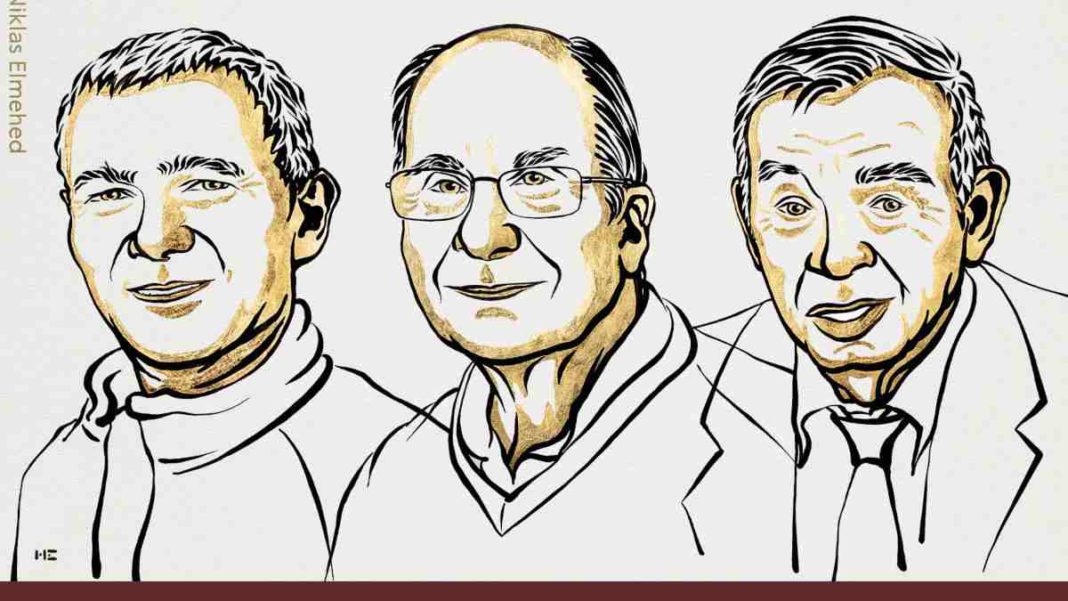SWEDEN: The Royal Swedish Academy of Sciences announced today that the Nobel Prize in Chemistry for 2023 has been awarded to three distinguished scientists: Moungi G. Bawendi, Louis E. Brus, and Alexei I. Ekimov.
The prestigious award recognizes their remarkable contributions to the discovery and synthesis of quantum dots, nanoparticles with extraordinary properties that have ushered in groundbreaking advancements in various fields.
Quantum dots, initially discovered in the early 1980s by Louis Brus and Alexei Ekimov independently, are minuscule nanoparticles so tiny that quantum effects determine their characteristics.
This year’s laureates have paved the way for utilising these little wonders in diverse applications, revolutionizing the world of nanotechnology.
Moungi Bawendi, one of the chemistry laureates, played a pivotal role in advancing the quality of quantum dots through innovative manufacturing methods in 1993. This high-quality production has proven to be a crucial prerequisite for their widespread use in modern nanotechnology.
Quantum dots have already found applications in everyday life, with their unique properties contributing to the vivid displays on television screens and the energy-efficient illumination of LED lamps.
These nanoparticles have also demonstrated their ability to catalyze chemical reactions and, intriguingly, to illuminate tumour tissue for surgeons during medical procedures.
One of the most exciting aspects of quantum dots is their potential to shape the future of technology. These remarkable nanoparticles could facilitate the development of flexible electronics, minuscule sensors, slimmer and more efficient solar cells, and even contribute to the advancement of encrypted quantum communication.
In the words of the Royal Swedish Academy of Sciences, “Quantum dots are thus bringing the greatest benefit to humankind. Researchers believe that in the future, they could contribute to flexible electronics, tiny sensors, thinner solar cells, and encrypted quantum communication. So we have just started exploring the potential of these tiny particles.”
The Nobel Prize in Chemistry has acknowledged the pioneering spirit of these three scientists, who have delved into the nanoworld and opened up exciting possibilities for science and technology. Their contributions are poised to significantly impact various industries and ultimately improve the quality of life for people worldwide.
As the Nobel Prize season unfolds, with laureates in physics, medicine or physiology, literature, peace, and economic sciences yet to be announced, the global community eagerly anticipates unveiling this year’s exceptional minds who have made significant strides in their respective fields.
The Nobel Prizes, each of which comes with a cash prize of 10 million Swedish kronor (roughly $900,000), continue to pay tribute to Swedish inventor Alfred Nobel, who left behind his visionary legacy in 1895.
The awards ceremony for the Nobel Prize in Chemistry and other categories is scheduled for December 10, 2023, in Stockholm, Sweden.
Also Read: Nobel Prize in Physics 2023 Awarded to Scientists for Pioneering Attosecond Pulse Technology



